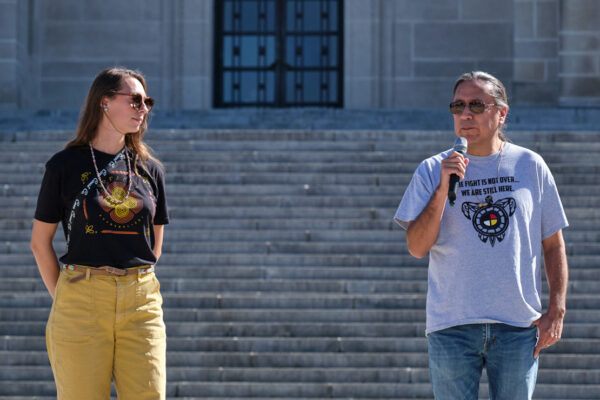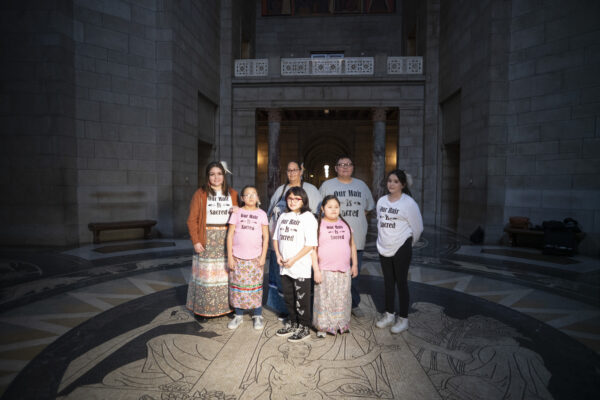Indigenous Justice
Indigenous people have the freedom and power to exercise their inherent rights and sovereignty — over themselves, their communities, and their lands. This means the ability to live, govern, heal, and learn in alignment with traditional ways, without interference or barriers. It means celebrating culture, language, and heritage through time-honored ceremonies and practices. True sovereignty requires not just legal recognition, but respect, protection, and active support for Indigenous ways of life. Indigenous Justice is a priority issue area in our 2025-2028 Strategic Plan, building off past successes and ongoing collaborations.
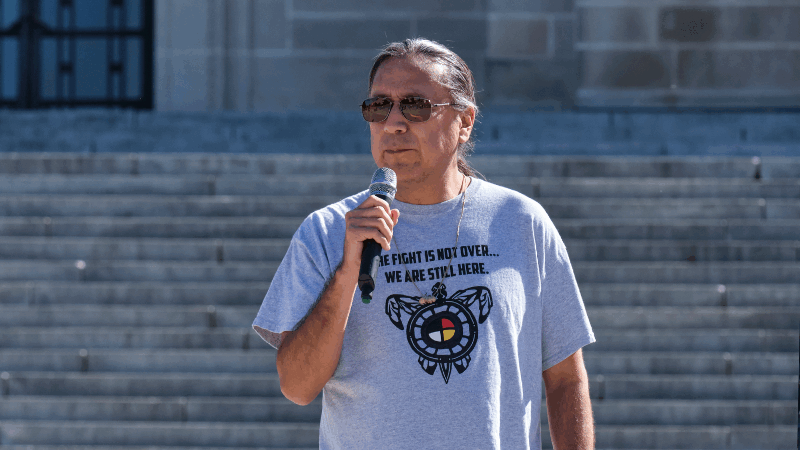
What you need to know
4
Four Native American Tribes are headquartered in Nebraska: the Omaha, Ponca, Santee Sioux, and Winnebago. Of course, many other Indigenous people of other tribal affiliations call Nebraska home.
1,600
The approximate number of acres returned to the Winnebago Tribe of Nebraska under the bipartisan Winnebago Land Transfer Act of 2024, which returned land that the U.S. Army Corps of Engineers illegally seized in the 1970s.
60%
Thanks to voting map litigation, Thurston County agreed to provide Indigenous voters with a fair opportunity to elect their preferred Board of Supervisors candidates. Indigenous Nebraskans make up almost 60% of the county's population.
Despite Indigenous peoples’ enduring presence and contributions, systemic barriers continue to threaten their rights and sovereignty in Nebraska. Public K-12 schools fail to teach an accurate and comprehensive history of Native American nations, perpetuating ignorance and exclusion. The Nebraska Indian Child Welfare Act (NICWA), meant to protect Native children and keep them connected to their communities, is poorly implemented and often ignored. Cities and towns approve real estate developments without consulting Indigenous communities, violating their rights and further eroding their sovereignty. These decisions often infringe upon First and Fourteenth Amendment protections. And state and municipal governments, political candidates, and civic organizations across Nebraska fail to effectively engage Native American communities in voter outreach and political participation.
Our goals:
- Prohibit schools from discriminating against students by ensuring that policies are created, implemented and followed with respect to recently-passed legislation prohibiting schools from discriminating based on students’ hair, headdress, and tribal regalia. We'll help raise awareness by distributing related Know Your Rights information to students, families, and communities.
- Advance land stewardship and protect tribal sovereignty. We'll advocate and partner with tribes and Indigenous-led organizations for the right to govern themselves and their lands by stopping federal and state surveillance of water protectors and halting the militarized response to those protesting oil and gas pipelines in Nebraska. This goal includes efforts to protect sacred sites and return land to its ancestral stewards.
The Latest
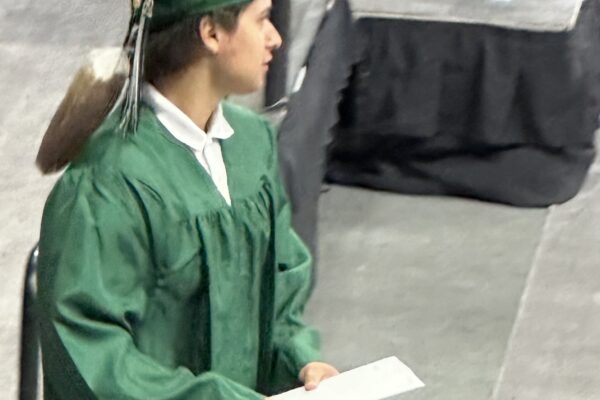
Reminding Schools that Indigenous Students Have a Right to Wear Tribal Regalia at Graduation
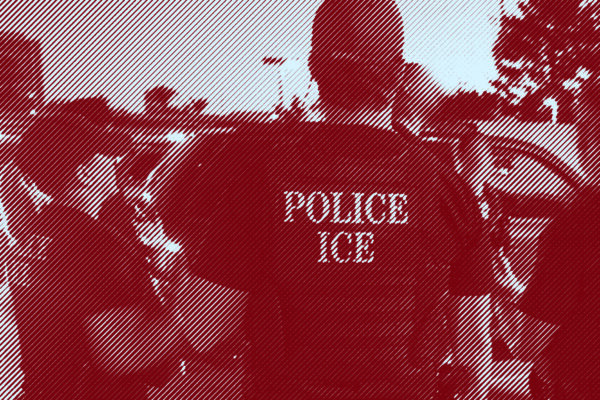
Know Your Rights: Native Americans and Immigration Enforcement
Stay Informed
Sign up to be the first to hear about how to take action.
By completing this form, I agree to receive occasional emails per the terms of the ACLU’s privacy statement.
By completing this form, I agree to receive occasional emails per the terms of the ACLU’s privacy statement.

